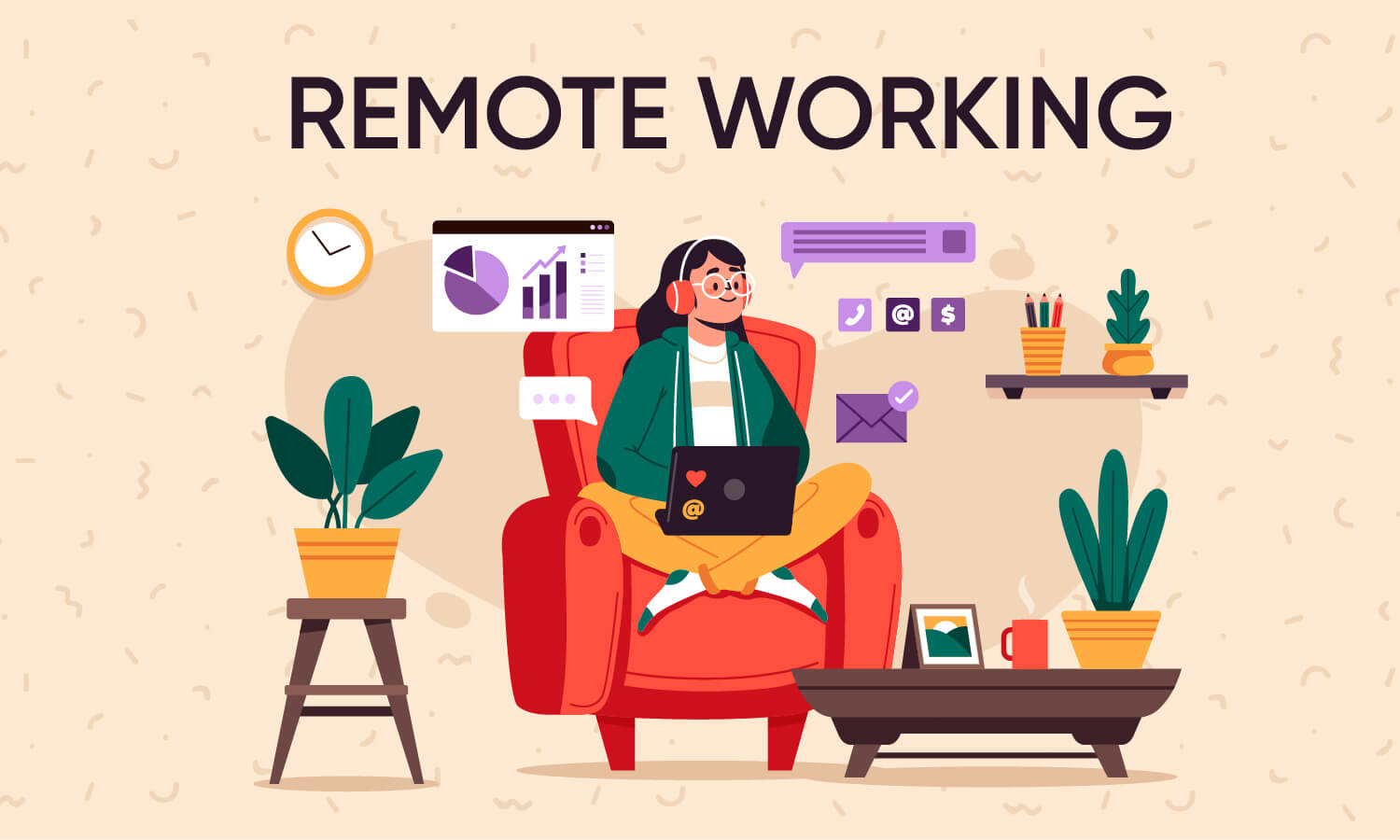Is work from home really the new normal?
Is working from home “now the normal”?

That’s what April Gigetts, the president of white-collar AFSCME District Council 47, said in response to Mayor Cherelle Parker’s order that city workers would have to return to their offices starting in July.
Gigetts also said change in location of workplace would have to be negotiated through collective bargaining, although switching workplace from office to home during the pandemic was not negotiated.
Most workers liked the shift to home.
Most workers seem to not like returning to the office.
And why should they return to the office, ask some, inasmuch as productivity does not drop when working remotely.
If that’s true, maybe more work should be done remotely.
Well, I am not sure that is true because there is some conflicting data, and, for the city, it creates a two-classification work force — the white collars who can work from home, and the blue collars (such as streets, sanitation, police, fire) who must make a physical appearance.
Is allowing their white-collar colleagues to work from home fair to them?
I can see why a lot of workers would prefer to work from home. Child care being a major reason. It is expensive and workers who operate from home can pocket that expenditure.
I would not have been happy to work from home, when I was employed.
I enjoyed being around my coworkers. (Well, some of them.) I enjoyed the synergy of interaction, and occasionally would get story ideas just from overhearing other staffers talk. There was a lot of serendipity going on. Most people are social creatures and Americans are experiencing record levels of loneliness.
"Productivity in and of itself was not a driver" of the return-to-office decision, said Camille Duchaussee, the city's chief administrative officer. The idea is to create "a work environment that thrives on teamwork, creativity, and shared purpose."
But there is someone other than the city workers to consider.
By that I mean the citizens who the workers are paid to serve.
In recent months I’ve needed certain city (and state, too) services and found government offices were closed. And no one was answering the phone. If you called you were directed to a website, or given an email address to use to file your question.
Not satisfactory. Not at all.
God forbid I should sound mean, but the city is not run for the convenience of the workers; it is supposed to serve the citizens.
Radical, I know.
But is remote work the new norm? Opinions vary, such as pro and con, while CBS News say hybrid is the wave of the future.
There must be a happy medium, but for me, as a citizen, I deserve to have my needs met by an actual person behind a desk.
That’s what I find to be normal.



